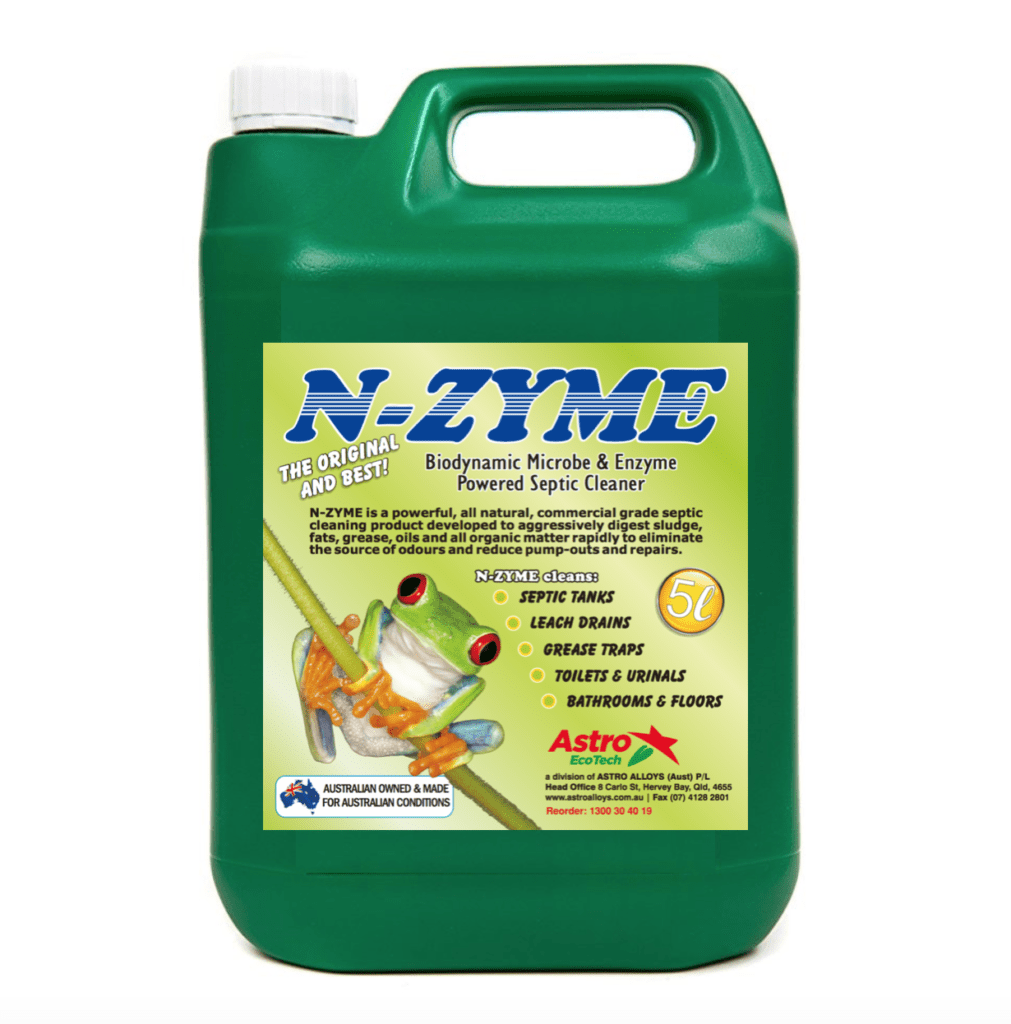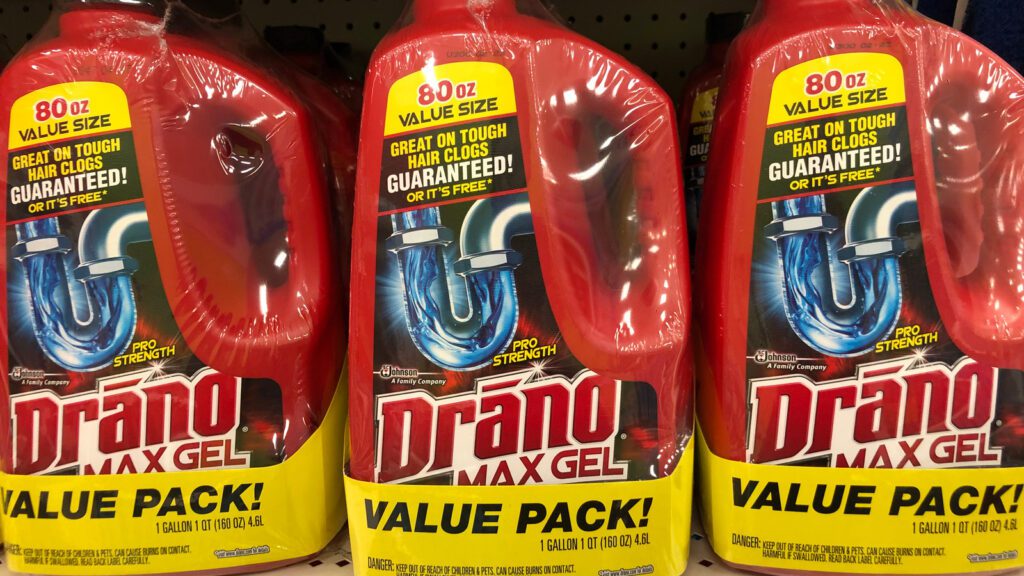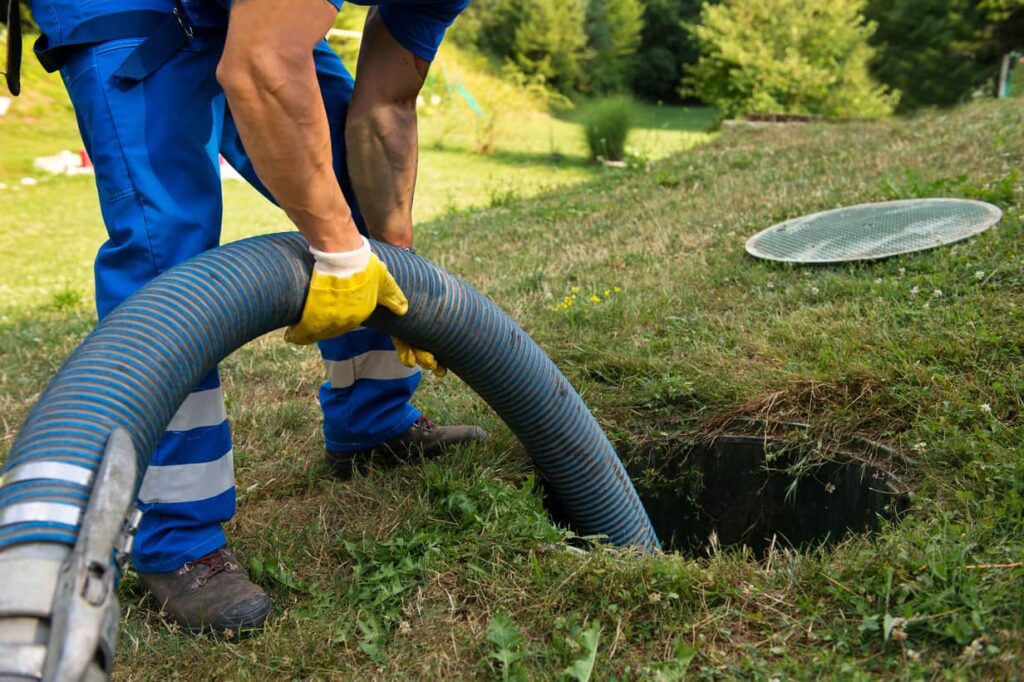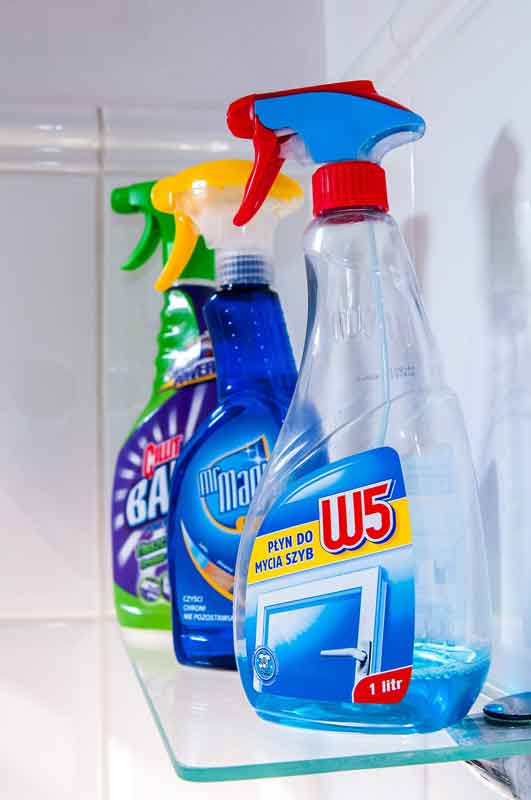Have you ever wondered if it’s safe to use drain cleaner with a septic tank? Well, let’s explore the risks and alternatives associated with this common household dilemma. Using drain cleaner in a septic tank can be quite risky, as these products are designed to be powerful and can disrupt the delicate balance of bacteria in your tank. This can potentially lead to a decrease in the tank’s efficiency and effectiveness in breaking down solid waste.
However, fear not, as there are alternative methods you can consider. One option is to use natural or eco-friendly drain cleaning products that are specifically formulated to be septic tank safe. These alternatives are gentler on the bacteria in your septic system while still effectively removing clogs and blockages. Another option is to try preventive measures such as regular maintenance and practicing good septic system habits. This includes avoiding dumping harmful chemicals or excessive amounts of oil and grease down your drains. Remember, a well-maintained septic tank can help prevent clogs and minimize the need for drain cleaners altogether.
In conclusion, using drain cleaner with a septic tank can pose risks to the overall health of your system. However, there are safer alternatives available, such as eco-friendly drain cleaners or taking preventive measures to maintain your septic system’s well-being. By being mindful of what goes down your drains, you can help prevent clogs and potential damage to your septic tank.

Introduction
Understanding the importance of septic tank maintenance
Maintaining a septic tank is crucial to ensure its optimal functioning and prevent costly repairs. Septic systems play a vital role in managing household wastewater in properties not connected to a municipal sewage system. Regular maintenance helps prevent clogs, backups, and other plumbing issues, ensuring a healthy and efficient septic system.
Overview of drain cleaners and their purpose
Drain cleaners are products designed to unclog and clear drains, removing blockages caused by hair, grease, soap scum, and other debris. They come in various forms, including chemical drain cleaners, enzyme-based solutions, and mechanical devices like drain snakes or augers. While they can be effective in tackling clogs, it is essential to understand their compatibility with septic systems.
Examining the compatibility of drain cleaners with septic systems
Using drain cleaners in a septic system raises questions about their impact on the system’s delicate balance. The compatibility of these cleaners with septic tanks and the risks associated with their usage need closer examination. By exploring this aspect, homeowners can make informed decisions to maintain the health and longevity of their septic system.
Understanding Septic Systems
Key components of a septic system
Septic systems consist of several key components, including a septic tank, drain field, and pipes connecting these elements. The septic tank holds wastewater from the property, allowing solid materials to settle at the bottom and oils and fats to float to the top. Gravity helps separate the wastewater, allowing clarified effluent to exit the tank and enter the drain field for further treatment.
How septic systems function
Septic systems function using a natural biological process. Bacteria and enzymes present in the septic tank break down solids and convert them into liquid and gas. This anaerobic digestion process helps decompose waste, making it easier for the effluent to be absorbed into the surrounding soil in the drain field.
Maintenance requirements for septic tanks
To ensure proper functioning and longevity, septic tanks require regular maintenance. This includes pumping the tank every 3-5 years, inspecting components for damage or wear, and adopting habits that prevent excessive strain on the system. By adhering to these maintenance requirements, homeowners can avoid costly repairs and extend the lifespan of their septic system.
Types of Drain Cleaners
Chemical drain cleaners
Chemical drain cleaners typically contain corrosive substances like sodium hydroxide or sulfuric acid. These powerful chemicals break down organic matter, unclogging drains. They are often available in liquid, gel, or powder form and work by generating heat or gas, which helps dissolve the clogs. However, their compatibility with septic systems requires careful consideration.
Enzyme-based drain cleaners
Enzyme-based drain cleaners are milder alternatives to chemical drain cleaners. These products use natural enzymes to break down clogs, targeting organic matter without causing significant harm to pipes and septic systems. Enzymes work by accelerating the decomposition process, allowing clogs to be flushed away more easily. While generally safer for septic systems, their effectiveness may vary depending on the severity of the clog.
Mechanical drain cleaners
Mechanical drain cleaners, such as drain snakes or augers, are physical tools used to remove blockages manually. These devices consist of a long, flexible cable with a coiled or barbed end. Inserting the cable into the drain and rotating it helps dislodge or retrieve materials causing the clog. Mechanical drain cleaners are often considered a safe option for septic systems as they do not introduce harsh chemicals.
How Drain Cleaners Work
Chemical reactions in drain cleaners
Chemical drain cleaners rely on chemical reactions to dissolve clogs and restore proper drain flow. The active ingredients in these cleaners react with the organic matter, generating heat or gas that helps break down obstructions. However, the byproducts of these reactions can have unintended consequences for septic systems.
Dissolving and removing clogs
Drain cleaners, whether chemical or enzyme-based, work by dissolving and removing clogs from the drainpipe. These products penetrate through the obstructions, breaking them down into smaller pieces or liquefying them, making it easier to flush the clog away with water. This process allows for improved drainage and restores the normal functioning of the drain.
Potential impact on septic system components
While drain cleaners can be effective in clearing clogs, they pose potential risks to septic system components. Harsh chemicals in chemical drain cleaners may kill off beneficial bacteria in the septic tank responsible for breaking down solid waste. This disruption in the bacterial balance can lead to a decrease in the system’s efficiency and may necessitate costly repairs or tank replacements.

Compatibility of Drain Cleaners with Septic Tanks
Potential risks of using drain cleaners with septic systems
Using drain cleaners that contain harsh chemicals can introduce harmful substances into the septic tank. These chemicals can disrupt the natural bacterial processes critical for the system’s proper functioning. Additionally, if the clog is not fully dissolved or flushed away, remnants of the drain cleaner may remain in the pipes and septic tank, potentially causing further harm.
Effect on beneficial bacteria in the septic tank
Septic systems rely on beneficial bacteria to break down waste and maintain a healthy balance. Chemical drain cleaners can kill these bacteria, inhibiting the system’s ability to decompose solids effectively. Without the presence of these bacteria, sludge and scum can accumulate faster, leading to blockages, foul odors, and potential system failures.
Impact on the overall functioning of the septic system
Using drain cleaners in a septic system can disrupt its delicate ecosystem, affecting its overall functioning. The introduction of harsh chemicals can harm not only the bacterial balance but also the structural integrity of the septic tank and drain field. Continuous or improper use of drain cleaners may weaken pipes, corrode components, and increase the risk of leaks or system backups.
Alternative Methods for Unclogging Drains
Natural remedies for unclogging drains
Homeowners can consider using natural remedies to unclog drains instead of relying on chemical drain cleaners. Boiling water, baking soda and vinegar, or a mixture of salt and hot water can often be effective in clearing minor clogs. These natural alternatives are safer for septic systems and do not carry the same risks as chemical drain cleaners.
Using drain snakes or augers
Mechanical drain cleaners like drain snakes or augers provide an effective means of removing clogs manually. By physically dislodging or retrieving the obstruction, these tools avoid the use of chemicals altogether. They are an ideal option for septic systems, as they pose no risk of damaging the bacterial balance or contributing to long-term issues.
Seeking professional plumbing assistance
In cases of persistent or severe clogs, it may be necessary to seek professional plumbing assistance. Licensed plumbers have the knowledge, experience, and specialized tools to diagnose and tackle complex drain blockages without compromising the health of the septic system. Their expertise ensures that the clog is effectively cleared without causing harm to the overall septic system.

Importance of Regular Septic Tank Maintenance
Septic tank pumping and inspection
Regular septic tank pumping and inspection should be part of every homeowner’s maintenance routine. Pumping removes accumulated solids from the tank, preventing excessive buildup and potential blockages. Regular inspections allow professionals to identify early signs of damage or deterioration, providing the opportunity for timely repairs and prolonging the septic system’s lifespan.
Proper disposal of household waste
Proper waste disposal habits are crucial to maintaining a healthy septic system. Avoid flushing non-biodegradable materials, chemicals, or excessive amounts of grease or oils down the drains. These substances can contribute to clogs, disrupt bacterial processes, and compromise the integrity of the septic system. Responsible waste disposal ensures the longevity and smooth operation of the septic system.
Preventing common septic system problems
By adopting preventative measures, homeowners can avoid common septic system problems. This includes avoiding excessive water usage, minimizing the use of garbage disposals, and being mindful of the types of products used in the household. Implementing these practices reduces stress on the septic system, prolongs its lifespan, and reduces the likelihood of costly repairs.
Eco-Friendly Drain Cleaning Options
Biodegradable drain cleaners
For those who prefer using drain cleaners, biodegradable options are available. These cleaners utilize eco-friendly ingredients that are non-toxic and safe for septic systems. Biodegradable drain cleaners offer a balance between effectively clearing clogs and ensuring the well-being of the septic tank’s bacterial ecosystem.
Septic-safe products
Certain products are specifically labeled as septic-safe, indicating their compatibility with septic systems. These include cleaning agents, laundry detergents, and other household products. Using septic-safe products reduces the risk of introducing harmful substances into the septic tank, promoting a healthier and longer-lasting septic system.
Non-chemical methods for maintaining drainage
Regular maintenance of drainage systems can help prevent clogs and the need for drain cleaners altogether. Implementing practices like regular drain cleaning, installing drain filters, and periodic inspections can go a long way in maintaining the health of the drains and the septic system. These non-chemical methods are environmentally friendly and promote sustainable drainage maintenance.

Conclusion
Weighing the risks of using drain cleaners
When considering the use of drain cleaners with a septic system, it is vital to weigh the potential risks involved. Chemical drain cleaners can harm the septic tank’s bacterial balance and lead to long-term issues. It is essential to understand the compatibility of drain cleaners with septic systems and the potential consequences of their usage.
Considering alternative solutions
Alternative methods like natural remedies, mechanical drain cleaners, and professional plumbing assistance offer safer alternatives to chemical drain cleaners. These methods can effectively clear clogs without jeopardizing the health and functioning of the septic system. Considering these alternatives ensures responsible maintenance and prolongs the life of the septic system.
Promoting responsible septic system maintenance
Responsible septic system maintenance involves regular pumping, proper waste disposal, and preventative measures. By adopting these practices, homeowners can avoid common septic system problems and reduce the need for drain cleaners. Prioritizing responsible maintenance helps protect the septic system, the environment, and the homeowner’s investment in their property.
